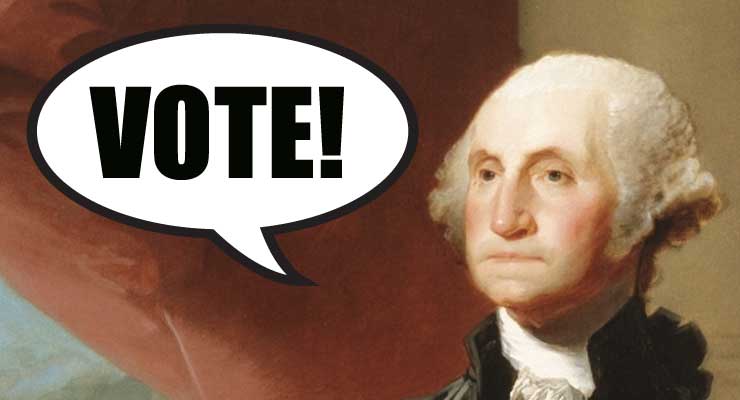 This article by Ryan Suto, is published by FairVote. Here is an excerpt:
This article by Ryan Suto, is published by FairVote. Here is an excerpt:
The Voting Rights Act (“VRA”) is an important example of how America does not always improve over the course of history, but opportunities nonetheless present themselves to chart a better path moving forward. The 2013 case Shelby County v. Holder is one such example, in which the Supreme Court claimed there was insufficient evidence of a racial gap in voter registration and turnout to justify upholding Section 4 of the VRA and allowing Section 5 of the Act to remain effective. Nine years later, we now have sufficient evidence.
As we have detailed before, the VRA, in part, required specified jurisdictions to gain “preclearance” from federal authorities before enacting changes to voting procedures. Like the rest of the VRA, Congress is able to update the specified jurisdictions upon re-authorization. However, in Shelby County Chief Justice Roberts wrote for the majority of the Court, “There is no denying, however, that the conditions that originally justified these measures [in the VRA] no longer characterize voting in the covered jurisdictions.” The Court reasoned that the coverage formula in the VRA was no longer necessary or appropriate, and it held Section 4(b) of the Act unconstitutional. In so doing, Roberts noted that in 2009 “African-American voter turnout has come to exceed white voter turnout in five of the six States originally covered by §5, with a gap in the sixth State of less than one half of one percent.”
Somehow the majority in Shelby County did not address the possibility that the VRA itself was an integral part of the progress that had been made as of 2009, which was acknowledged in the late Justice Ginsburg’s dissent. The Court assumed that the country is on an automatic march toward progress. Such notions of inherent historical advancement have been shaped by the German philosopher Georg Wilhelm Friedrich Hegel. Hegel viewed human history as stages of increasing freedom, with an inevitable future of an improved human condition. The Supreme Court, essentially embracing this view, found Section 4(b) of the VRA unnecessary. The country, it seemed to be assumed, had improved past the point of requiring a Voting Rights Act. However, evidence from the past nine years of the importance of a fully functional and authorized VRA could not be more clear.
Find the full article here.
Leave a Reply